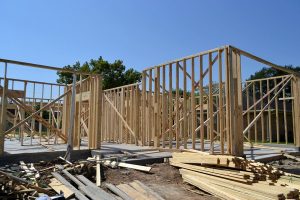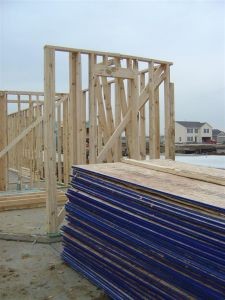New Jersey construction law involves many complex issues. However, one of the most common is also the most basic: Contractors and subcontractors getting paid for their work. The Appellate Division recently issued a published opinion on this topic in the case of JHC Industrial Services, Inc. vs. Centurion Companies, Inc., exploring one of the most potent tools which contractors and subcontractors can use to get paid: New Jersey’s Prompt Payment Act.
to get paid: New Jersey’s Prompt Payment Act.
Background: The JHC Case
JHC Industrial Services, Inc. subcontracted to do demolition work on a project for Centurion Companies, Inc., which had in turn subcontracted with the general contractor to perform the work. JHC performed the work in full, and the general contractor accepted the work and paid Centurion in full. However, Centurion withheld $30,500 from JHC for no apparent reason other than not wanting to pay. JHC therefore filed a construction lien against the property and sued Centurion in the Superior Court of New Jersey for violation of the New Jersey Prompt Payment Act. The matter took two years reach conclusion. A trial was held, and JHC prevailed on all its claims. JHC won and received judgment against Centurion for $30,500, the full amount it claimed was owed. JHC requested $104,670.51 in “reasonable costs and attorney fees” pursuant to the fee shifting provisions of the Prompt Payment Act. The trial judge, however, awarded only $12,250.40 in attorneys fees and $4,125.33 in litigations costs for a total award of $16,375.73. The judge explained that he did not believe he could “grant over $100,000 in fees on a judgment that could not have exceeded $30,500.”
 law.
law. New Jersey Lawyers Blog
New Jersey Lawyers Blog


 ascertainable damages which result from the consumer fraud violations goes a long way toward resolving this conflict.
ascertainable damages which result from the consumer fraud violations goes a long way toward resolving this conflict.
 the project, such as the engineer or the architect. Owners may also make these claims against architects and engineers directly. A trial judge in the
the project, such as the engineer or the architect. Owners may also make these claims against architects and engineers directly. A trial judge in the 
 the New Jersey
the New Jersey  to get paid: New Jersey’s
to get paid: New Jersey’s